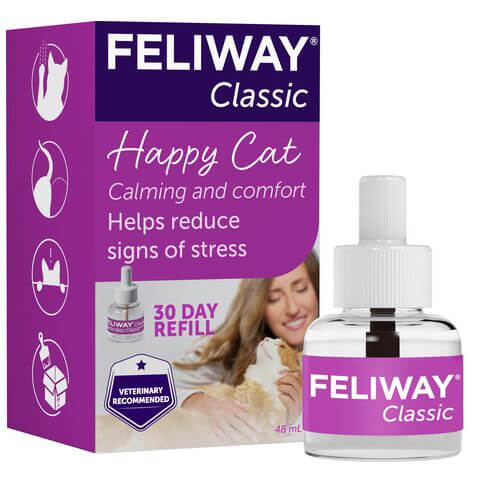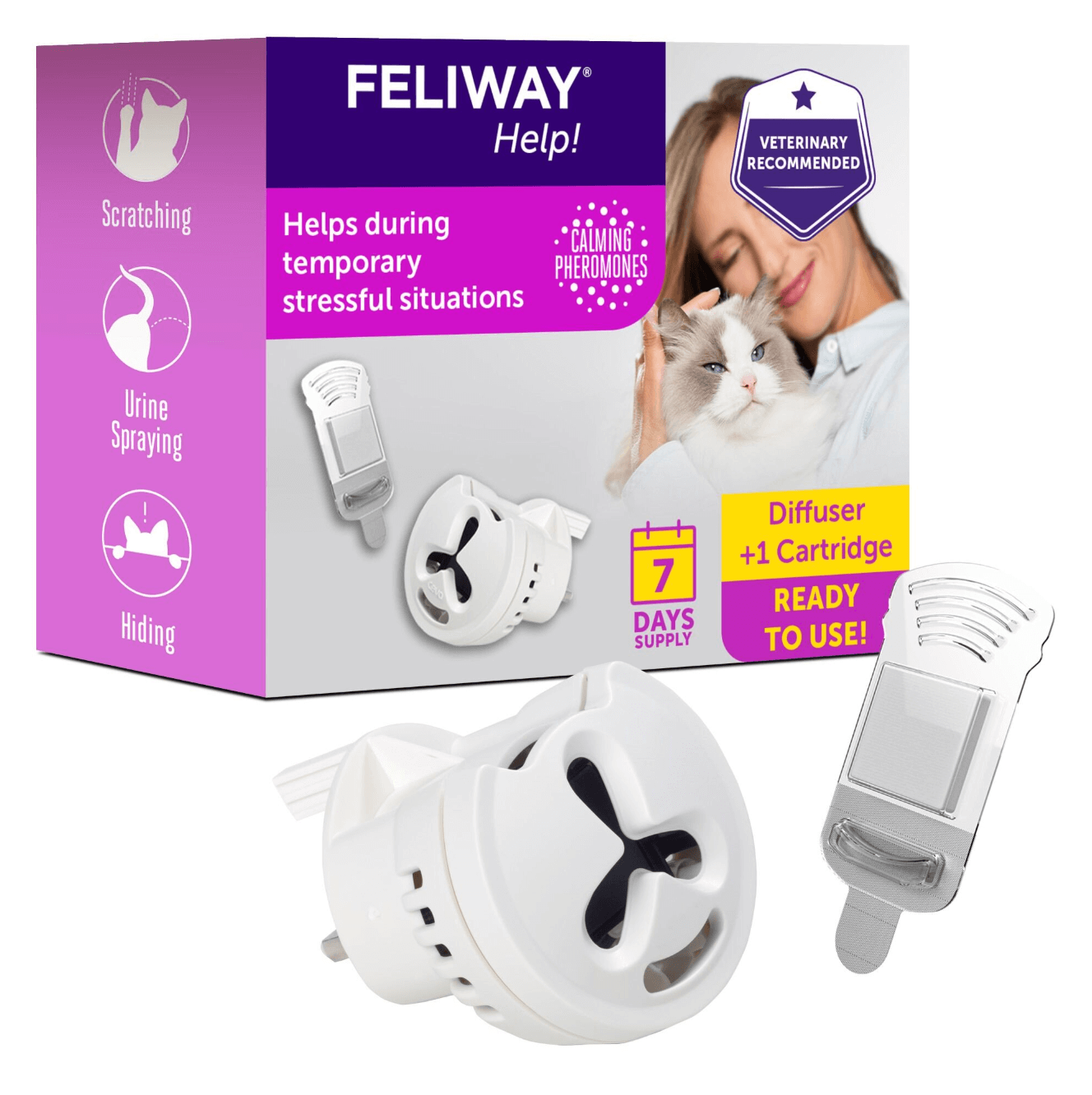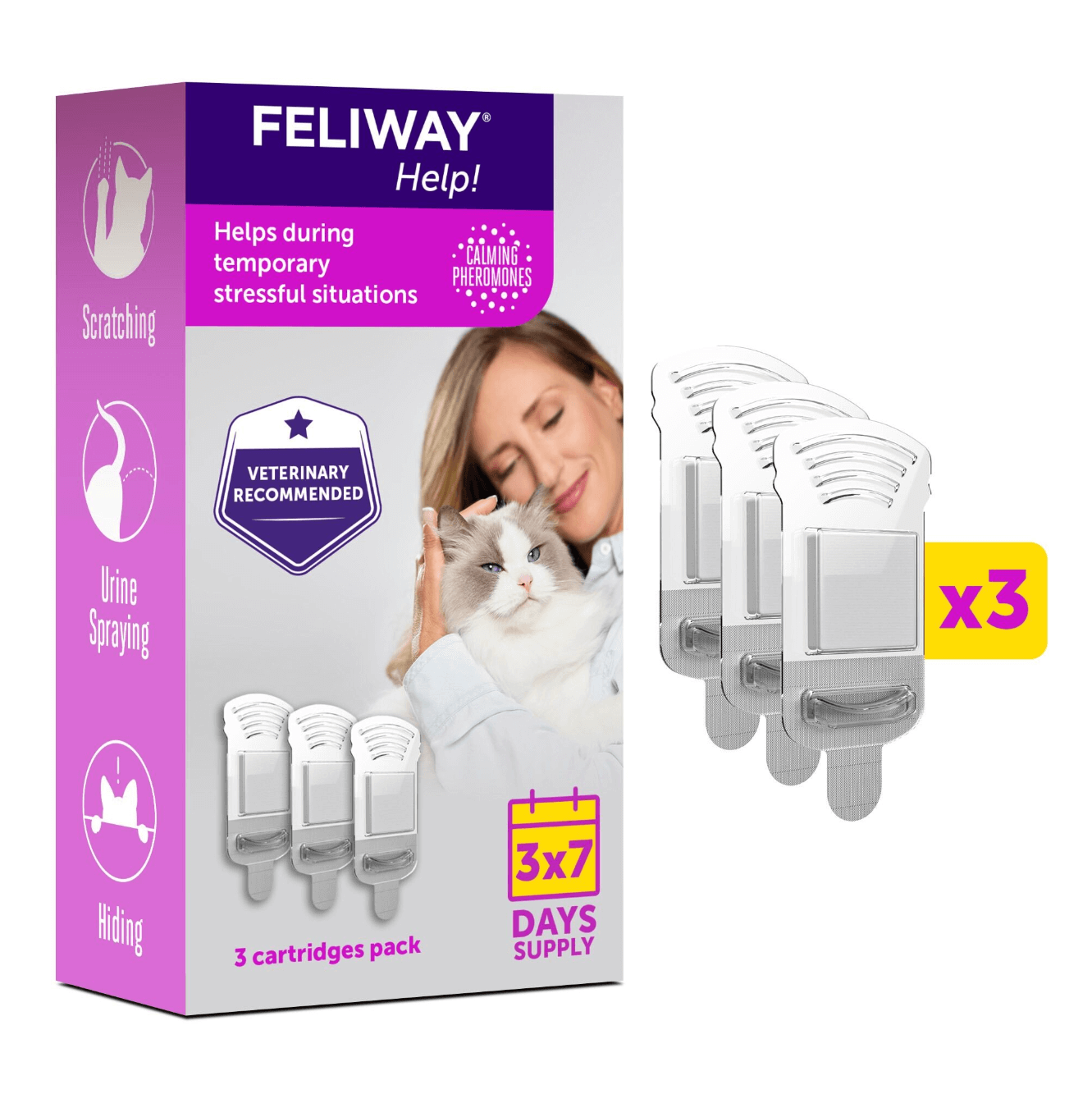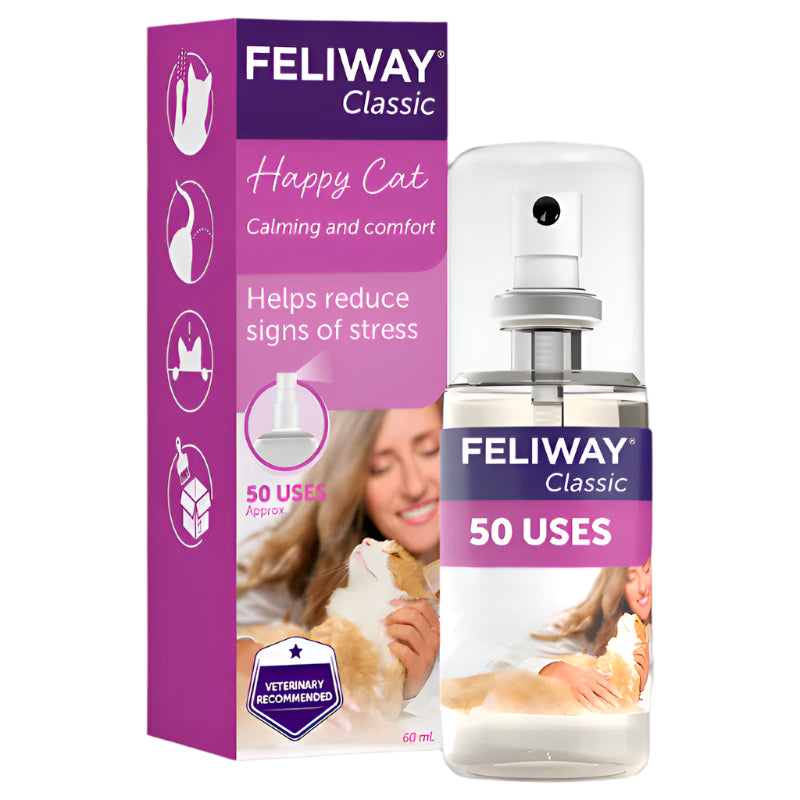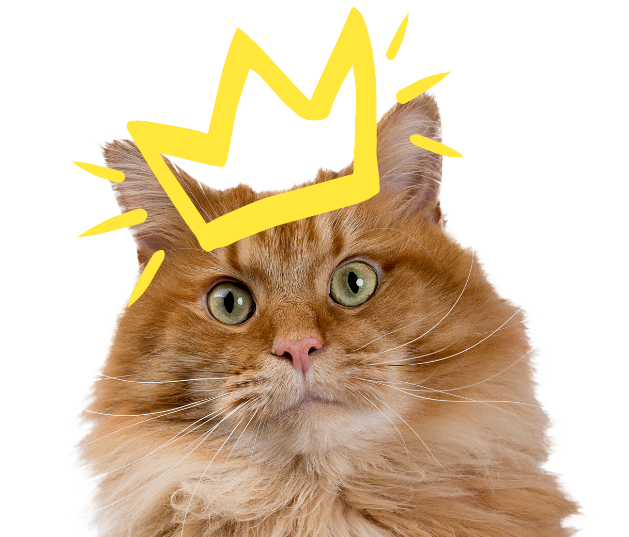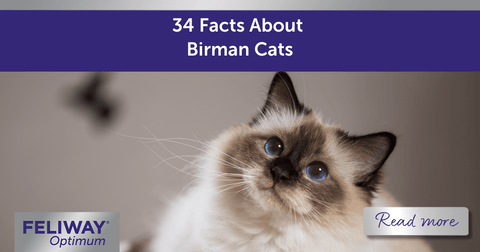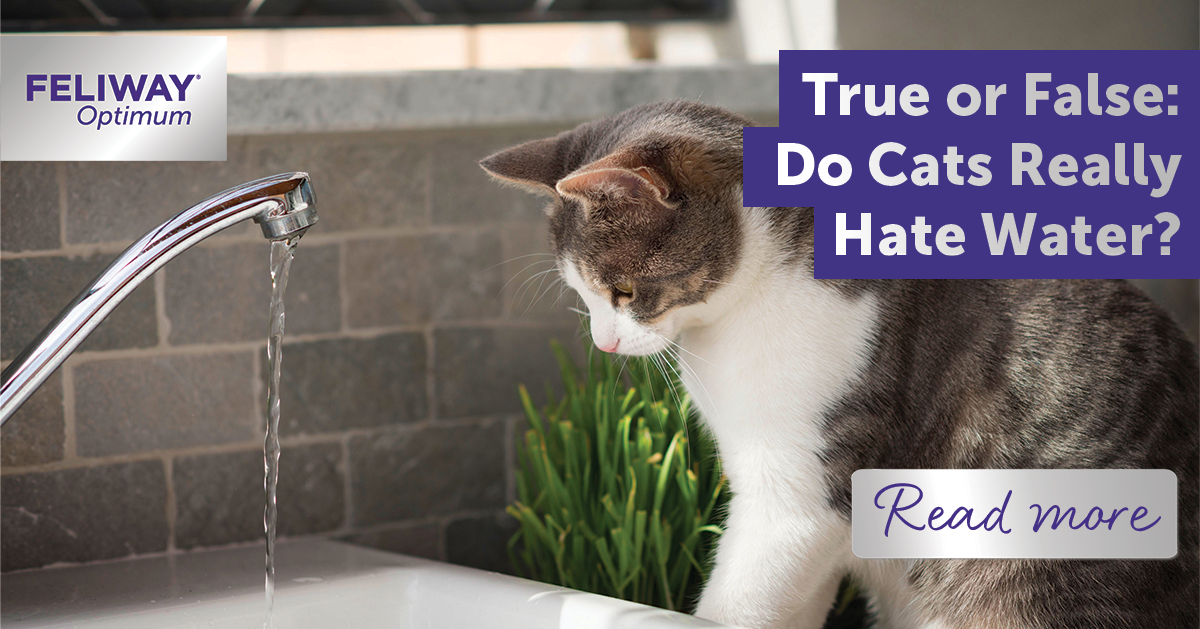
True or False: Do Cats Really Hate Water?
Do cats hate water? The answer to this question is, it's both true and false!
Obviously, cats need to stay hydrated like all animals and humans, so water intake is essential; their ancestors lived in hot dry countries and did not have the challenge of crossing rivers or large bodies of water, and although you would find them lapping up clean running water from a river bank, you would rarely see them immerse themselves in the river.
Over their evolution, cats have also learned to avoid still water as it could become stagnant and carry poisonous bacteria that would make them sick.
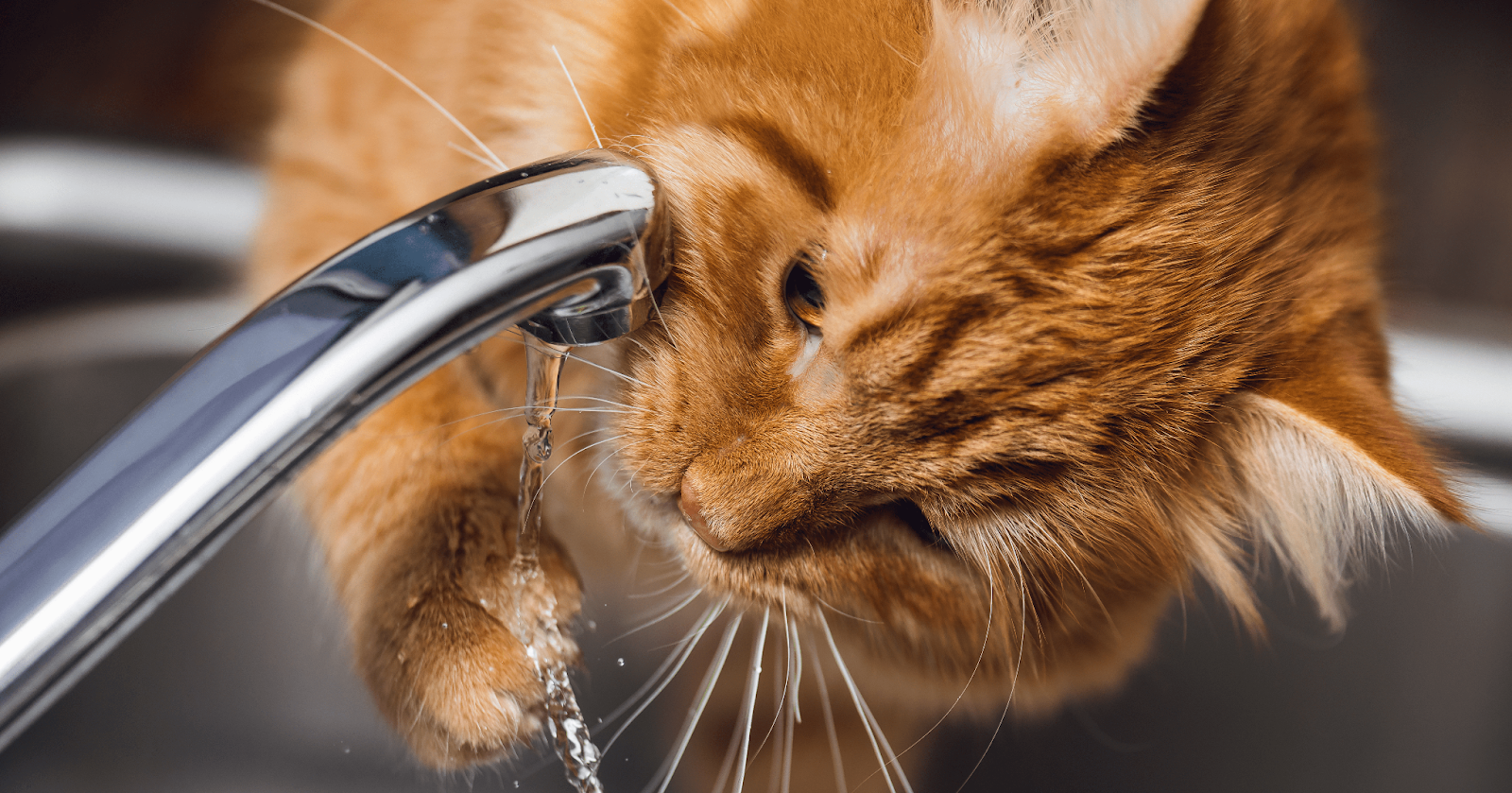
What do cats hate about water?
Wet fur is heavy
Most cats' fur is soft and holds water, so if their coat gets waterlogged it gets very heavy and weighs them down. Not only does this make them cold, but it also means that they could not escape from any predator as quickly, their wet fur would slow them down.
Water smells!
Smell is a cat's most reliable sense, and although humans don't associate water with a smell, cats can detect even a minute amount of chemicals in their water. Even though we might not detect the chemicals in our tap water, it does give out a particular odour that a cat can pick up straight away.
Cats like to be in control
How often have you seen your cat playing with the water from a dripping tap? This, they enjoy because they have control with their paws and they can escape easily when they choose to.
It messes with their whiskers
Cat's whiskers are their radar to the outside world, particularly for anything that is close. Although cats have great vision, they struggle to see anything closer than 30cm, so they use their whiskers to detect any closeup danger.
So, if they are trying to drink water out of a bowl and their whiskers touch the edge of the bowl, it sends their senses wild! They are much happier drinking out of a wide bowl that is filled to the top, so that they can dip their tongue in without touching their whiskers on the sides.
They don't like to be bathed
Because cats generally don't like their fur to get wet, it follows that not many of them like a bath. They are very good at keeping their fur clean themselves with regular grooming, but there may be occasions when you feel that your cat should have a bath, for example, if their coat gets matted or if they have something on their fur that they shouldn't ingest.If possible, avoid immersing them fully into bath water, but try to clean patches of their fur at a time using warm water with a cat shampoo, drying gently with a soft towel, avoid using a hair dryer as the noise and the fierce blowing will probably scare your cat.
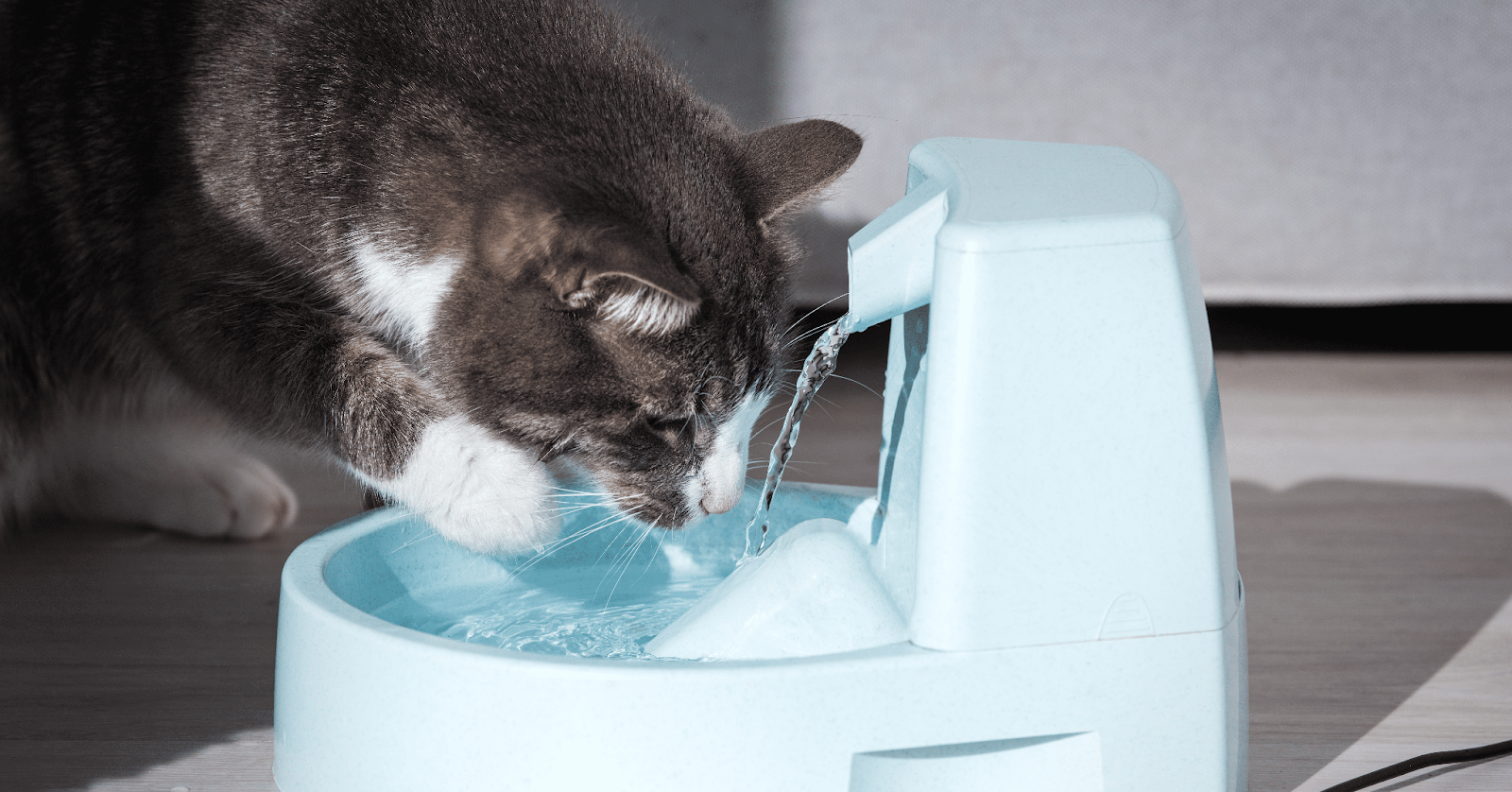
There may be an occasion that your cat needs to be bathed, for example, due to a skin condition. Make sure you speak to your vet about options that do not involve shampoos and your cat getting wet, such as mousse that does not need to be washed off. But if you do have to bathe them, you may like to try the following approach:
- Take time to try and get your cat used to the bath/sink/container being in the room.
- Use FELIWAY Optimum in the room where you are going to bathe your cat. FELIWAY Optimum helps cats with more signs of stress, in more situations, and calms cats better than ever.
- Check their claws and trim if you feel that they may accidentally scratch you
- Brush your cat first to get rid of excess fur and any dirt.
- Choose the right time, avoid the time of day when they are normally very active (like early morning or early evening) but wait until they are relaxed.
- Consider having a helper, you may need help to hold the towel or comfort your cat.
- Put a folded towel in the bottom of the bathing area to give your cat traction. They need to be able to stand easily without their feet sliding around.
- Put only a few inches of warm (not hot) water into the tub/container/bath and use a cat shampoo to wash their fur gently.
- Avoid wetting their face if at all possible.
- Make sure you rinse them off gently by slowly pouring water over them to remove all of the shampoo.
- Dry them off with a soft towel and keep them in a warm room until they are completely dry.
- Give them their favourite treat for being a good kitty!
What do cats love about water
We know that most cats do not like water, but there are a few exceptions!
- Cats like to drink out of running water, or from a dripping tap, because it is fresher and they can keep their whiskers out of the water.
- They are fascinated by the sound of running water and you will frequently see them just playing with the water as it drips out of the tap.
- Some breeds are known to have a closer affinity with water:
- Maine Coon, they have a water resistant coat, perhaps due to their history in icy and snow-covered areas in north east USA. They were popular ship's cats.
- Turkish Van, are known for enjoying a swim and are nicknamed 'the swimming cat'. The texture of their coat makes it water resistant. They are from the Lake Van region.
- Abyssinian, often happy investigating pools of water and originated from Indian Ocean coastal areas.
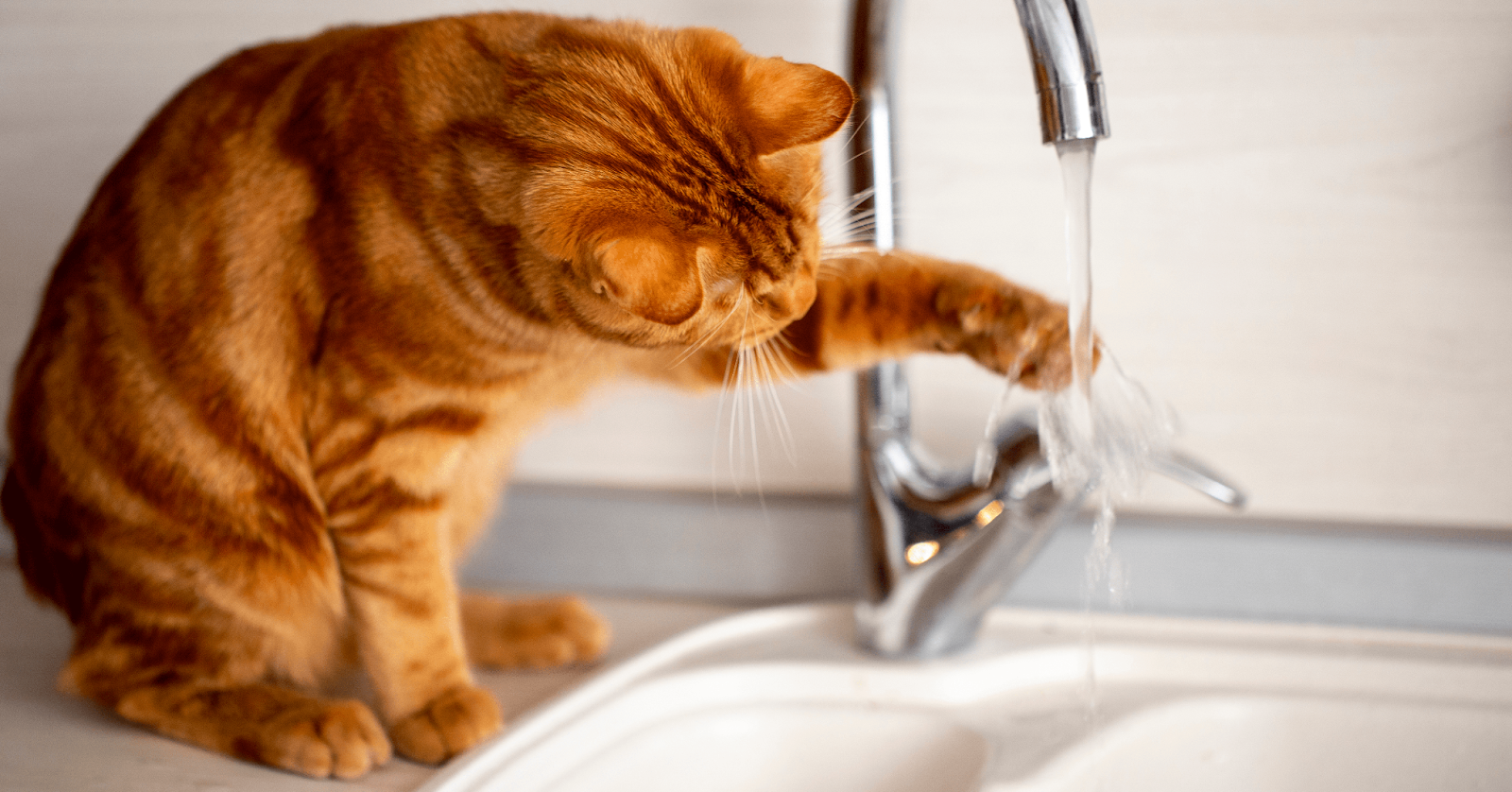
Encourage your cat to like water
It's important to ensure that your cat has regular access to clean water, particularly older cats who may be prone to dehydration.
- Make sure your cat has access to fresh water at all times.
- Clean their bowls out regularly to avoid the water becoming stagnant.
- Find out what material your cat prefers their bowl to be - plastic, glass, stainless steel, ceramic?
- Invest in a cat water fountain.
- Add an ice cube or two to their water bowl! This will keep the water cool and it will taste better to your cat, especially if the ice cube is flavoured with a favourite food! They'll also have fun chasing it around the bowl, so you might want to invest in a spill-proof cat bowl.
An average cat, weighing between 4-5 kg, requires approximately 250ml of water each day. If you feed your cat kibble, this has very little water content so your cat will need to have other sources of water. If you feed your cat tinned cat food, this has much more water content, but they should still have access to a water source, too.
It is important to keep track of the amount of water your cat drinks to ensure they are keeping hydrated. If you see any sign that they are not drinking enough, or they are drinking more than usual, this could indicate an underlying medical issue which you will need to have checked out by a vet.










